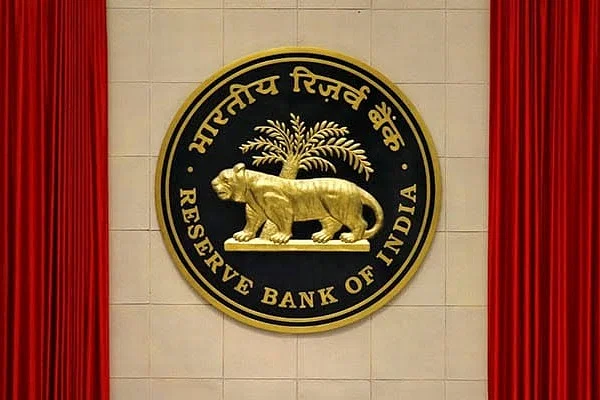The Reserve Bank of India (RBI) has taken a stringent stance on regulatory compliance by imposing monetary penalties on four co-operative banks for deficiencies in adhering to prescribed guidelines. The banks facing these penalties include Baroda Gujarat Gramin Bank in Vadodara, The Aska Co-operative Central Bank Ltd., Bally Cooperative Bank Ltd. in Howrah, and The Nabapalli Co-operative Bank Ltd. in West Bengal.
Baroda Gujarat Gramin Bank, located in Vadodara, Gujarat, has been slapped with a monetary penalties of ₹5.00 lakh. The penalty was imposed due to the bank’s violation of guidelines issued by the National Bank for Agriculture and Rural Development (NABARD) concerning fraud classification, reporting, and monitoring. The bank failed to report five instances of fraud within the stipulated timeframe, thereby contravening the NABARD’s directives.
The Aska Co-operative Central Bank Ltd. in Aska received a penalty of ₹50,000 for non-compliance with certain provisions of the RBI’s ‘Know Your Customer (KYC) Direction, 2016’. Specifically, the bank neglected to establish a system for the periodic review of the risk categorization of accounts, leading to the violation.
Bally Cooperative Bank Ltd. in Howrah, West Bengal, was met with a monetary penalty of ₹1,00,000 for non-compliance with similar provisions of the RBI’s ‘Know Your Customer (KYC) Direction, 2016’. The bank’s failure to implement a periodic review system for risk categorization of accounts resulted in the penalty.
The Nabapalli Co-operative Bank Ltd. in West Bengal faced a more substantial monetary penalty of ₹2,50,000. This penalty was imposed for non-compliance with the RBI’s directions on ‘Exposure Norms and Statutory/Other Restrictions – UCBs’ as well as certain provisions of the ‘Reserve Bank of India – (Know Your Customer (KYC)) Direction, 2016′. The bank’s actions included breaching prudential inter-bank (gross) exposure limits, prudential inter-bank counter-party limits, and a failure to institute a periodic review system for risk categorization of accounts.
It is important to note that the actions taken by the Reserve Bank are centered around the identified deficiencies in regulatory compliance and do not serve to pass judgment on the validity of transactions or agreements between the banks and their customers.
As the RBI reinforces its commitment to upholding regulatory standards within the banking sector, these penalties underscore the significance of strict adherence to guidelines set forth by the central bank. The penalties serve as a reminder to financial institutions of all sizes to prioritize regulatory compliance to maintain the integrity of the banking ecosystem and ensure the protection of customers’ interests.
